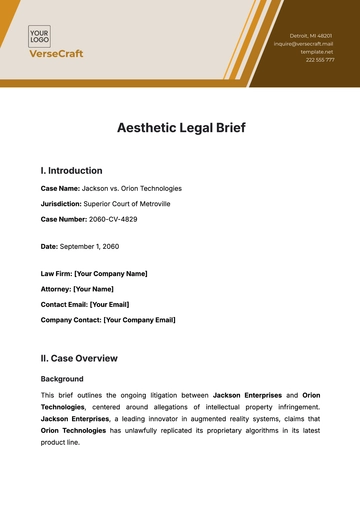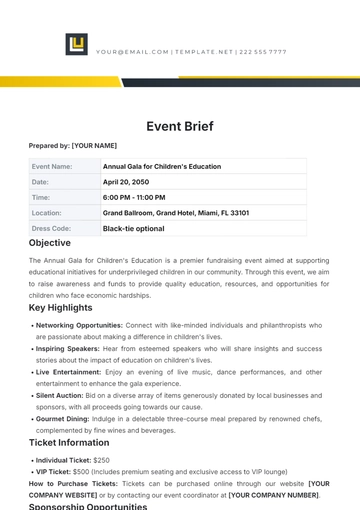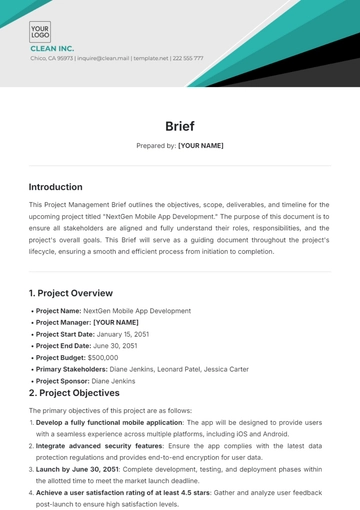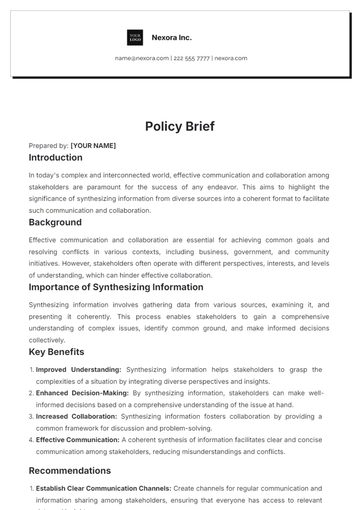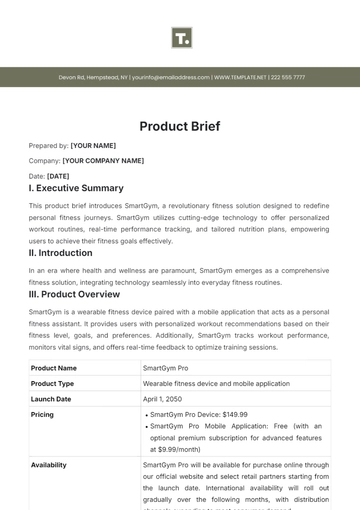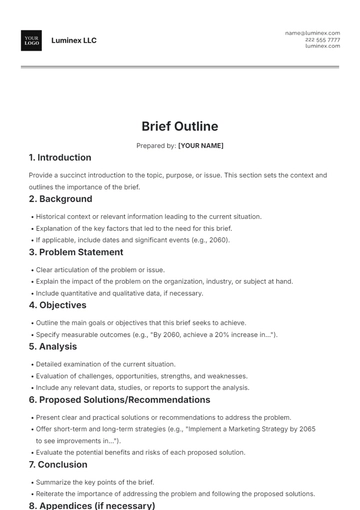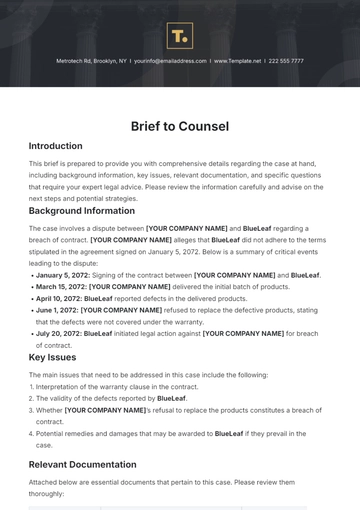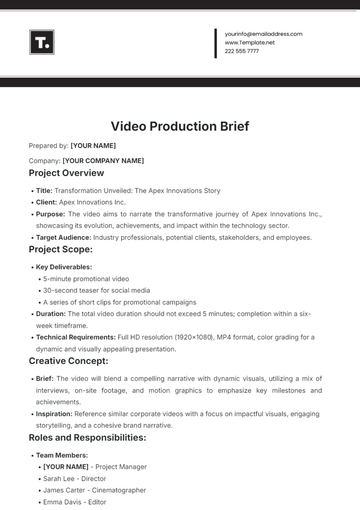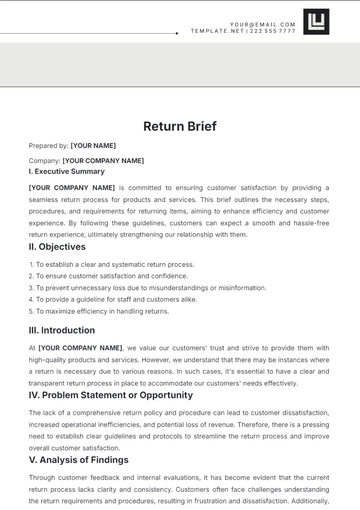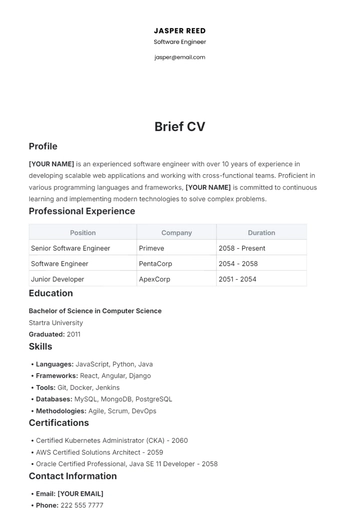Free Law School Aids Case Brief
I. Case Title and Citation
Case Name: Reed v. Hill
Citation: 2060 U.S. 123
Court: Supreme Court of the United States
Date: June 15, 2060
II. Case Summary
The case of Reed v. Hill revolves around a dispute between Harmony Reed and Jasper Hill regarding the ownership rights to a groundbreaking technology patent. Harmony Reed, the plaintiff, asserted that she was the original creator and sole proprietor of the patented technology, while Jasper Hill, the defendant, claimed co-ownership based on his contributions during the development process. The central issue before the court was whether Jasper Hill's involvement warranted shared ownership of the patent.
The Supreme Court's decision in Reed v. Hill had far-reaching implications for intellectual property law and the rights of inventors. In a landmark ruling, the court affirmed Harmony Reed's exclusive ownership of the patent, emphasizing the importance of recognizing individual contributions and protecting the rights of inventors against unjust claims of co-ownership.
III. Facts
Background: Harmony Reed, a renowned scientist and inventor, conceived the idea for the groundbreaking technology and began developing it in 2055.
Key Facts: Jasper Hill joined the project in 2057, providing valuable input and assistance during the testing and refinement stages of the technology.
IV. Issues
Primary Issue: Whether Jasper Hill's contributions to the development of the technology warranted shared ownership of the patent.
Sub-issues: Clarifying the legal standard for determining co-ownership of intellectual property in collaborative projects.
V. Arguments
A. Plaintiff's Arguments
Harmony Reed asserted her status as the sole creator and inventor of the patented technology.
She argued that while Jasper Hill provided valuable assistance, his contributions did not rise to the level of co-ownership under established legal principles.
B. Defendant's Arguments
Jasper Hill contended that his substantial contributions to the development process entitled him to shared ownership of the patent.
He claimed that his expertise and input significantly enhanced the technology, thus warranting recognition as a co-inventor.
VI. Legal Principles
Precedent: The court considered previous rulings on inventorship and co-ownership of patents to inform its decision.
Statutes: Relevant provisions of the Patent Act of 2050 were cited in determining the criteria for patent ownership and inventorship.
VII. Analysis
The Supreme Court carefully analyzed the evidence presented by both parties and deliberated on the nature and extent of Jasper Hill's contributions to the development of the patent technology. Ultimately, the court determined that while Jasper Hill's involvement was significant, it did not meet the threshold for co-ownership under existing patent law. The court emphasized the importance of recognizing and protecting the rights of individual inventors, particularly in cases where one party seeks to unjustly claim ownership based on collaborative efforts.
VIII. Conclusion
In its decision, the Supreme Court affirmed Harmony Reed's exclusive ownership of the patent, reaffirming the principles of individual inventorship and the protection of intellectual property rights. The ruling in Reed v. Hill established a precedent for clarifying ownership disputes in collaborative innovation projects and underscored the importance of honoring the contributions of sole inventors in technological advancements.
- 100% Customizable, free editor
- Access 1 Million+ Templates, photo’s & graphics
- Download or share as a template
- Click and replace photos, graphics, text, backgrounds
- Resize, crop, AI write & more
- Access advanced editor
Simplify case briefs with Law School Aids Case Brief Template that’s exclusively available at Template.net. This user-friendly template, editable in our Ai Editor Tool, streamlines legal research, analysis, and summary. Customizable for individual needs, it's perfect for law students looking to enhance their case brief preparation efficiently. Get it now!






